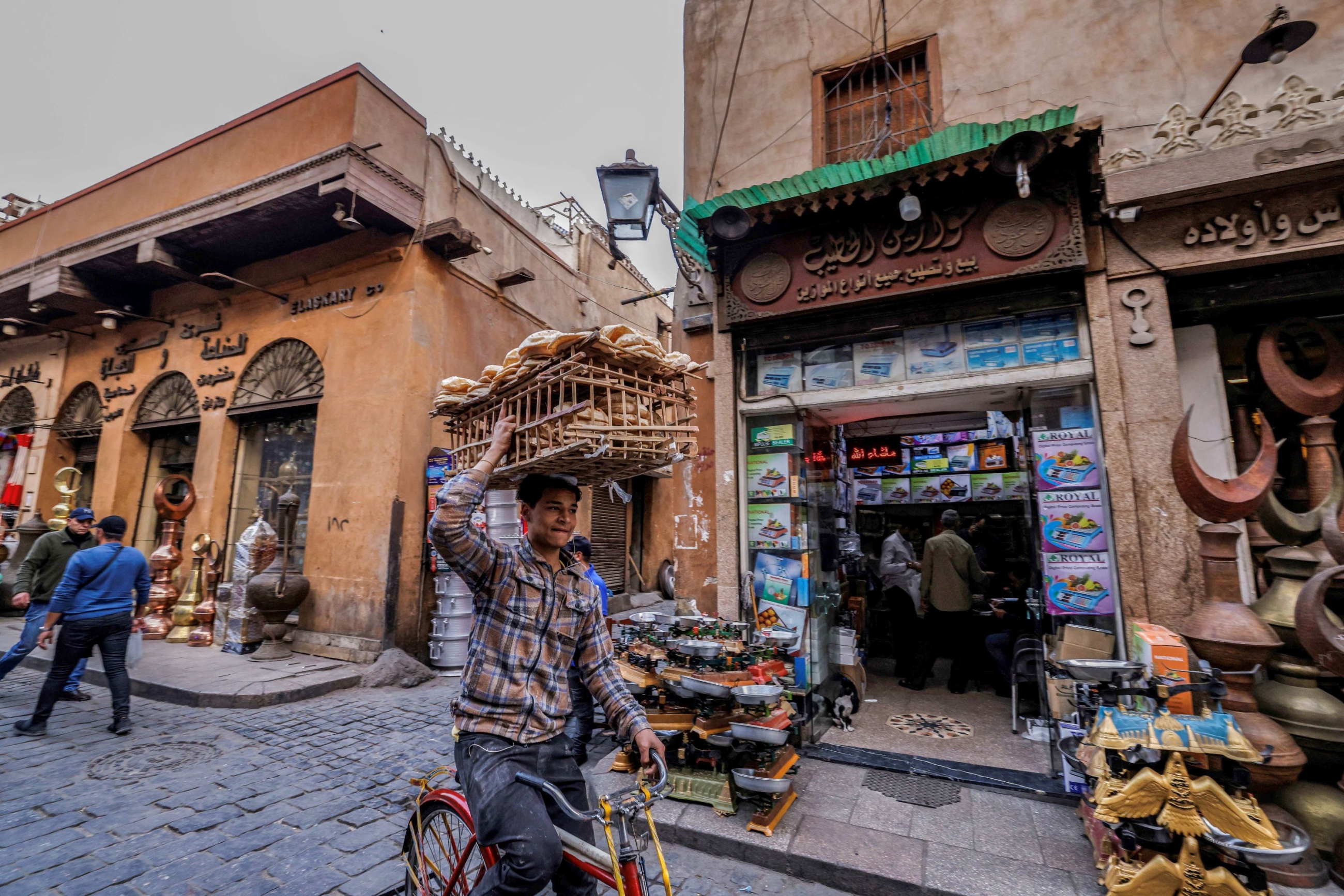Egypt 'second most at risk of debt crisis after Ukraine'

Egypt is the country second most at risk of a debt crisis, coming just after war-torn Ukraine, according to analysis by Bloomberg.
The data showed that, taking into account public debt, interest costs and yield on dollar bonds, Egypt's economy was the most at risk in the Middle East.
Three other Middle Eastern countries - Tunisia, Bahrain and Jordan - were also among those most exposed.
Egypt has been gripped by economic crisis for years, a situation exacerbated by the war in Ukraine which has severely affected food prices in the country.
Official figures released on Sunday showed annual inflation in Egypt reached a new record 39.7 percent in August, while by early this year the Egyptian pound had lost half its value against the dollar.
Stay informed with MEE's newsletters
Sign up to get the latest alerts, insights and analysis, starting with Turkey Unpacked
Egypt has been dependent on bailouts from its wealthier neighbours and the International Monetary Fund (IMF) in recent years, while investors have pulled billions out of Cairo's foreign reserves.
Although the financial crisis has a range of causes, many opposition figures have pointed fingers at the increasing grip the military has held over the economy since the 2013 coup that ousted the elected government of Mohamed Morsi.
"According to a Bloomberg analysis, Egypt is the second most vulnerable country on earth to a debt crisis. The only country more vulnerable is Ukraine," tweeted Egyptian analyst Timothy E Kaldas.
"Ukraine was invaded by Russia’s military whereas Egypt’s economy was invaded by its own military."
Middle East Eye delivers independent and unrivalled coverage and analysis of the Middle East, North Africa and beyond. To learn more about republishing this content and the associated fees, please fill out this form. More about MEE can be found here.




